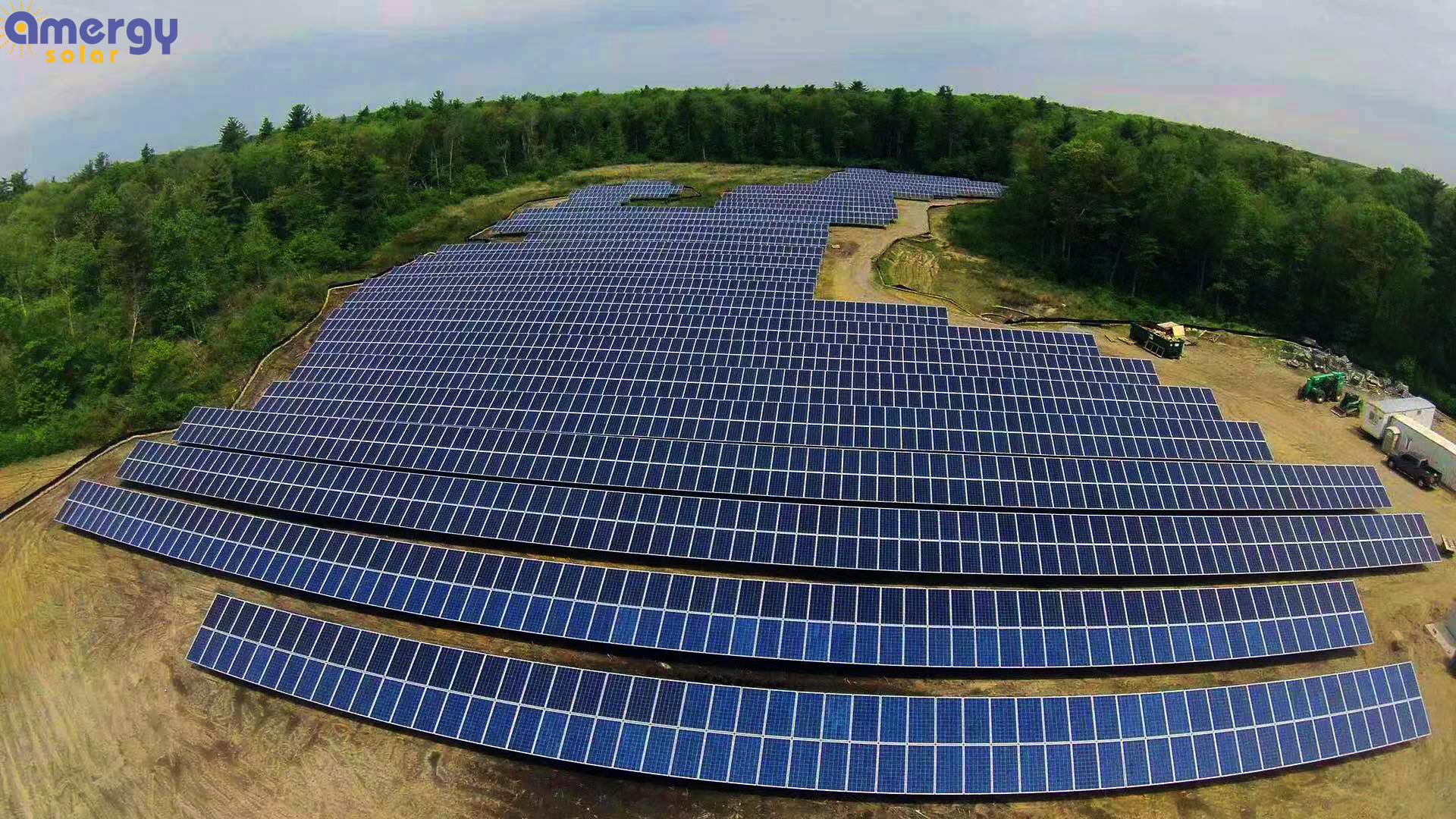In a significant stride towards sustainable energy practices, Virginia has recently passed pioneering legislation allowing for third-party solar leasing. This legislation, set to take effect from July 1, 2024, signifies a crucial moment in the state's journey towards a greener and more resilient energy future.

Encouraging Solar Adoption
The solar market in Virginia is poised for exponential growth over the next decade, with projections indicating a tenfold increase in solar installations. The introduction of third-party solar leasing is anticipated to act as a catalyst for this growth, providing homeowners and commercial property owners with an accessible avenue to embrace solar energy without the weight of substantial upfront costs.
Under this leasing model, property owners can now enter agreements with solar companies or third-party investors, enabling them to have solar power systems installed on their rooftops without the necessity of a significant initial investment. Instead, property owners pay a fixed monthly rental fee over the lease period, typically spanning 20 to 25 years, in exchange for access to the electricity generated by the solar system.
Removing Barriers
A key provision of the new legislation is the exemption of customers from providing proof of liability insurance upon interconnection. This alleviates a significant administrative burden, streamlining the process for property owners interested in adopting solar energy solutions. Furthermore, customers utilizing battery storage systems for self-generation will be exempted from standby charges, further incentivizing the adoption of solar-plus-storage solutions.
Commitment to Clean Energy
Virginia's move towards third-party solar leasing aligns with broader initiatives aimed at advancing clean energy goals. The passage of the Virginia Clean Economy Act (VCEA) in 2020, which targets 100% zero-carbon energy generation by 2050, underscores the state's commitment to sustainability and carbon reduction.
As of the end of 2023, Virginia boasts a solar capacity of 4.84GW, with an additional 591.6MW added in 2023 alone. Solar power already accounts for a significant portion of the state's electricity demand, with residential installations gaining traction alongside utility-scale projects.
A Vision for the Future
With thousands of households across Virginia poised to explore their energy options and embrace solar over the coming years, ensuring the safety, reliability, and accessibility of solar installations is paramount. The Solar Energy Industries Association (SEIA) remains dedicated to advocating for an open solar market, prioritizing customer needs, and strengthening Virginia's energy economy.
In conclusion, Virginia's endorsement of third-party solar leasing represents a significant stride in the state's transition towards clean and renewable energy sources. By dismantling barriers to solar adoption and fostering a supportive regulatory environment, Virginia is well-positioned to lead the way in sustainable energy practices for years to come.